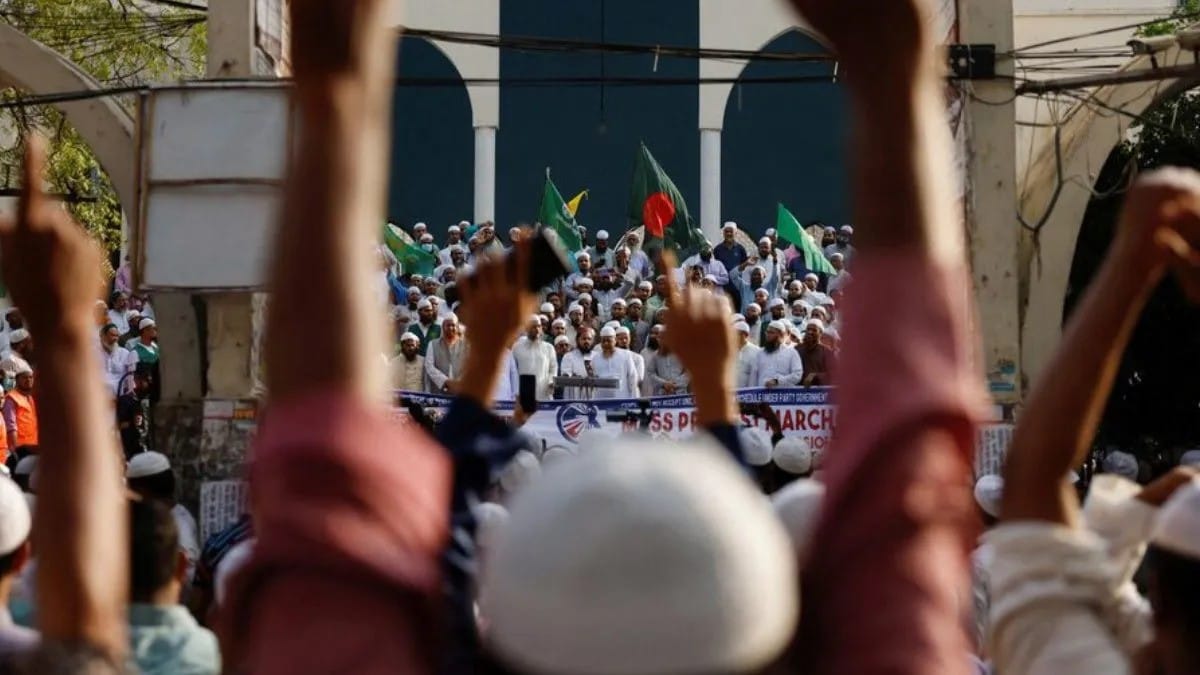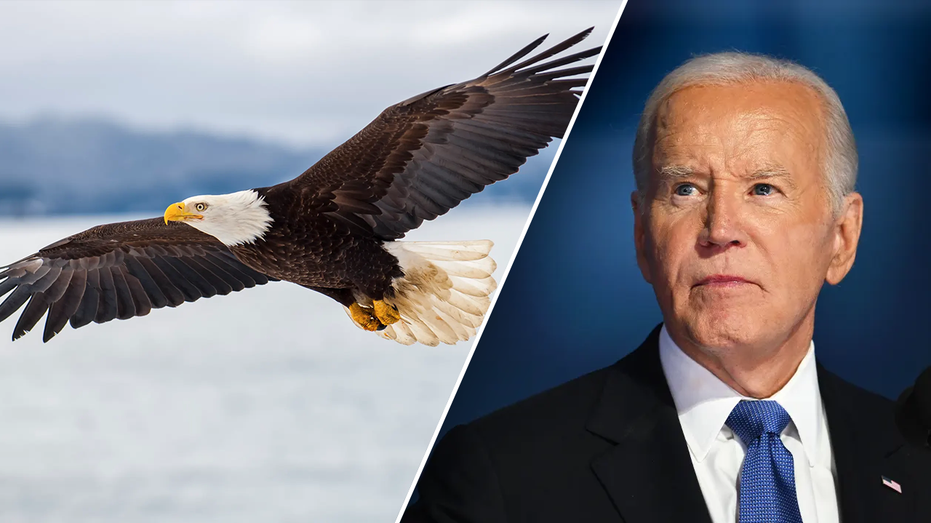
Following the ouster of Sheikh Hasina in the student protests led by Islamic extremists of Jamaat-e-Islami and its student wing, Islamic Chatra Shivir, eminent strategic experts and credible voices from the intelligence community expressed concerns about the unfettered growth of Islamic extremism in Bangladesh, with its most alarming effects on India’s national security, particularly in its sensitive North East. The interim government of Bangladesh, with a slew of decisions after Hasina’s ouster, facilitating and promoting the spread and growth of Islamic extremists, has expedited the fast unfolding of apprehensions. Such measures include the removal of security clearance for Pakistani nationals applying for Bangladeshi visas, facilitating their smooth visa process in all the Bangladeshi embassies across the world, repealing the ban on Jamaat, releasing hardcore Islamic radicals convicted of murder, systematically persecuting the Hindu minorities and Awami League cadres, aggressively propping up anti-India sentiment in the media and on the grassroots among various sections of the society, including the military veterans, and initiating a debate on removing the word secular from the constitution.
The effects of rising Islamic extremism in Bangladesh have already started manifesting in India. On December 17 and 18, under the aegis of Operation Praghat, the Assam STF arrested Mohammad Saad Radi, alias Mohammad Shab Sheikh, a cadre of the Ansarullah Bangla Team (ABT), from Kerala. The ABT leadership entrusted him to recruit Muslim youth, indoctrinate them, and establish sleeper cells across the country to orchestrate subversive activities in India, including terrorism, rioting, and violent civil unrest.

Besides him, the Assam STF apprehended his close associates, Minarul Sheikh and Mohammad Abbas Ali from West Bengal; Nur Islam Mandal, Abdul Karim Mandal, and Mojbar Rahman; and the remaining two, Hamidul Islam and Inamul Haque from Assam, all Bangladeshi nationals and operatives of ABT. The ongoing interrogations have revealed that they were working under the direction of Mohammad Farhan Israk, a close associate of ABT chief Jasimuddin Rahmani. The incriminating documents and technical evidence suggest that the arrested individuals were continuously in touch with their Pakistani and Bangladeshi handlers.
Notably, ABT is an AQIS (Al Qaeda in Indian Subcontinent) affiliate in South Asia. AQIS is banned in India. ABT’s nefarious designs include exploiting regional, religious, and ethnic vulnerabilities in India, particularly West Bengal and Assam, and creating disruption and chaos in India.
Its chief, Jasimuddin Rahmani, was arrested in the murder of Rajib Haider, a secular blogger, in 2013. Following that, the organisation was banned in 2015 but rechristened itself as Ansarullah Bangla. In 2017, it was banned again by the Hasina government.
The interim government of Bangladesh has released Rahmani on parole from Kashmipur high-security jail in Gazipur. He faces charges under the anti-terror laws of Bangladesh and is known for his hatred of India and extremist views. He has openly called for the independence of Kashmir, Khalistan, and the North East.
He aims to bring India under Sharia law and unfurl the Islamic flag over the Red Fort. In a noteworthy statement, he even urged West Bengal CM Mamata Banerjee to revolt against India. Mamata Banerjee’s appeasing and soft approach towards jihadists hardly needs any elaboration.
ABT has robust ties with Lashkar-e-Toiba (LeT) going back to 2022. Jointly, they intend to organise terror attacks in India. Intelligence inputs suggest that 50-100 ABT cadres have infiltrated into Tripura.
In 2022-23, 60 cadres of ABT were arrested from Tripura and Assam, out of which 30 were Bangladeshis. In May 2024, two ABT jihadists, Bahar Mia and Rarely Mia, were detained at Guwahati railway station. On August 6, around the same time when Hasina was ousted, an armed mob attacked the high-security prison of Sherpur.
It freed 500 inmates, including Ikramul Haque, alias Abu Talha, India-related operations chief of ABT. Earlier, he was arrested in Dhaka in 2023, based on inputs shared by Indian agencies. Notably, Bangladesh has become a key nodal point of the regional affiliates of transnational terrorist groups like AQIS and the Islamic State–Khorasan Province (ISKP).
As mentioned earlier, ABT is a regional affiliate of AQIS. Likewise, the Islamic State’s presence in Bangladesh became well-known after the Gulshan Bakery incident. These developments should not be surprising.
Historically speaking, Bangladesh was the epicentre of the Pakistan movement. The Muslim League was formed in Dhaka in 1905. More recently, Jamaat became immensely powerful during the Bangladesh Nationalist Party rule in the late 1990s and 2000s.
The notorious ISI deepened its roots in Bangladesh. Bangladesh became one of the crucial infiltration routes for Pakistan to send its terrorists to India. Dreaded terrorist commander of Harkat-ul-Mujahideen (HuM), Sajjad Afghani, infiltrated India via Bangladesh.
Jaish chief Masood Azhar accompanied him to Bangladesh to facilitate his infiltration into India. Later, Masood himself came to India via Bangladesh under a fake identity. With these early signs of rising Islamic extremism in Bangladesh manifesting in India, things appear grim for India’s national security, particularly in northeastern India.
The illegal and illegitimate interim government of Bangladesh seems to be hell-bent on avoiding elections and strengthening the jihadists in Dhaka. Hence, it’s high time India woke up to this security challenge; otherwise, it will be too late. The author is a policy analyst specialising in counterterrorism, Indian foreign policy and Afghanistan-Pakistan geopolitics.
The views expressed in this article are those of the author and do not represent the stand of this publication..






.jpg)








